Keywords: Games
There are more than 200 results, only the first 200 are displayed here.
-

AUSTRALIA
- Catherine Marshall
- 12 December 2014
10 Comments
On Christmas Eve I will deliver, for the twelfth year in a row, an iced, naively decorated fruitcake to my oldest and dearest Australian friend, Enid. I will pull up into the driveway of her brick home. She will open the front door before I have even knocked, and before she’s even kissed me hello will tell me how beautiful the cake is and how she couldn’t possibly cut into it.
READ MORE 
-

ARTS AND CULTURE
- Ben O'Mara
- 15 October 2014
6 Comments
At 6:30 am I pull on my compression tights, lace up my black and bubble gum blue boots, throw on a crumpled, old t-shirt, and join the early risers to play basketball at my local sports and aquatic centre. This twice weekly ritual has helped me realise that sport heals when I play it on my own terms.
READ MORE 
-
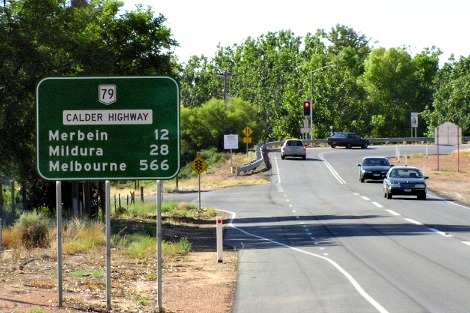
ARTS AND CULTURE
- Angela O'Rourke and Will Day
- 07 October 2014
5 Comments
Cresting the hill our breath suspends in unison. We are laughing, eye-spying. You, the one not driving, spy it first: a Jeff Koons puppy, backlit, riding a wave.
READ MORE 
-
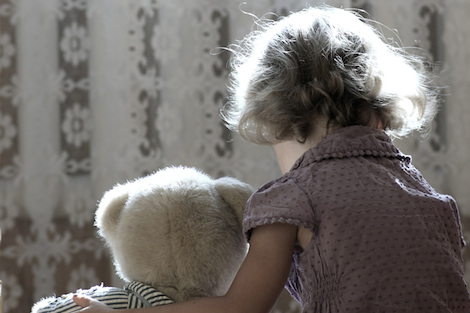
AUSTRALIA
- Darrell Cruse
- 19 September 2014
15 Comments
More than forty thousand children are in out of home care in Australia. Yet with a drop in the number of available foster carers, there is a real danger foster care will be non-existent in five years, creating even more problems for already vulnerable children.
READ MORE 
-

INTERNATIONAL
- Justin Glyn
- 15 September 2014
2 Comments
The problem of who qualifies as a 'people' and what the content of the right is becomes particularly acute when the right to self-determination bumps up against that bedrock of international law, national sovereignty. In some cases, the problem goes away by agreement. The sad truth is that each side adopts the rhetoric that suits it and the result depends on the balance of political powers which each can muster.
READ MORE 
-

AUSTRALIA
- Tony Kevin
- 25 August 2014
18 Comments
Team Australia postulates that the world is a competitive environment of nations that win or lose. You have to choose your primary loyalty or affiliation: 'He who is not with us is against us'. The more one unpacks the term Team Australia, the nastier it gets.
READ MORE 
-
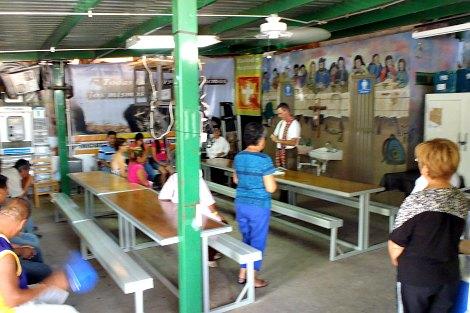
AUSTRALIA
- Frank Brennan
- 15 August 2014
30 Comments
We Australians confront none of the complexities of sharing a land border with a poor neighbour. Most Americans, I find, consider our policy morally repulsive and just stupid. They cannot believe that we routinely lock up children, that we recently held 157 people on a ship in the Indian Ocean for almost a month, and that we are now going to send up to 1000 asylum seekers to Cambodia.
READ MORE 
-
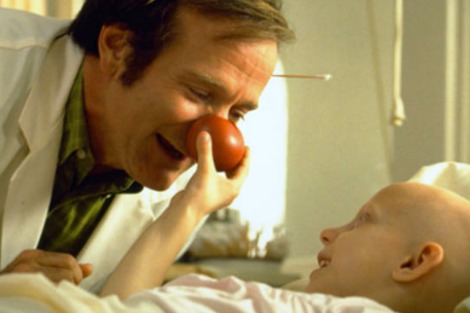
MEDIA
- Megan Graham
- 14 August 2014
16 Comments
As human beings we do all kinds of things to avoid suffering. Drink, drugs, hobbies, television, retail therapy. The list is endless. It is our job to survive and avoid suffering: to huddle around our loved ones, to live and thrive and not let the shit of life get us down. For Robin Williams, it seems avoiding suffering was a very hard task.
READ MORE 
-

RELIGION
- Frank Brennan
- 23 July 2014
1 Comment
'Rohan provides a detailed and accurate analysis and history of the word games that have gone on between the Vatican and the Latin American bishops and theologians wrestling with the concept of the preferential option for the poor.' Frank Brennan launches The Preferential Option for the Poor: A Short History and a Reading Based on the Thought of Bernard Lonergan, by Rohan Michael Curnow.
READ MORE
-
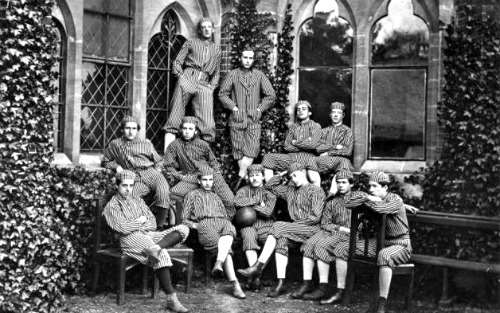
EDUCATION
- Andrew Hamilton
- 11 July 2014
11 Comments
One of the more unlikely pieces of speculation to emerge from the World Cup concerned the origins of soccer in Brazil. A historian of the game claimed that it had been introduced by the Jesuits. According to the thinking of the Jesuits at St Louis School in Itu, near São Paulo, 'all the muscles [would] work harmoniously, and the moral lessons imbibed from sportsmanship [would] be assimilated by the students.'
READ MORE 
-
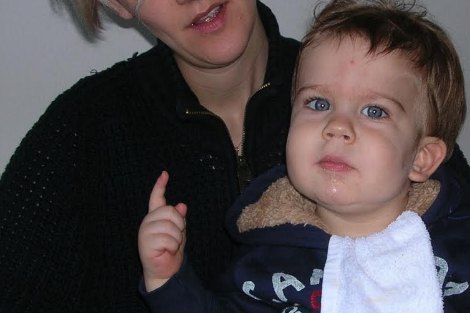
ARTS AND CULTURE
- Gillian Bouras
- 25 June 2014
9 Comments
Ignoring the Greek tradition of family names, my son and his Cretan wife called their son Orestes. The name means 'he who can move mountains', and it is almost as if some instinct informed the young parents of 'naming power', and of the possibility that such power might be needed. The first mountain resembled Everest: the operation on the day of his birth, which was necessary to correct a malformed oesophagus.
READ MORE 
-
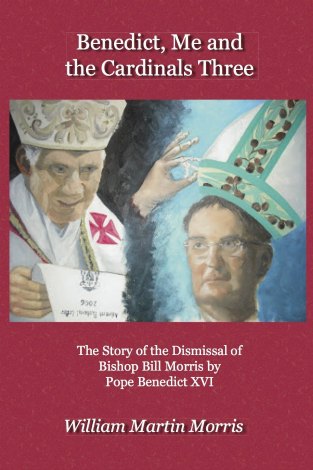
RELIGION
- Frank Brennan
- 24 June 2014
53 Comments
'My one new insight from reading Bill's book is that he was sacked because he was too much a team player with his local church ... the Romans hoped to shatter the morale and direction of those who had planned the pastoral strategies of a country diocese stretched to the limits as a Eucharistic community soon to be deprived of priests in the Roman mould.' Frank Brennan launches Benedict, Me and the Cardinals Three by Bishop William Morris.
READ MORE